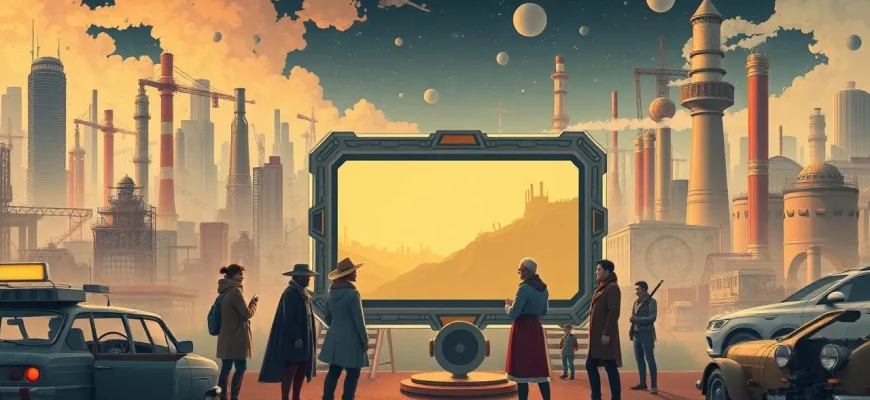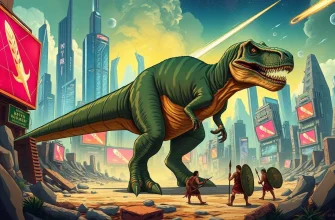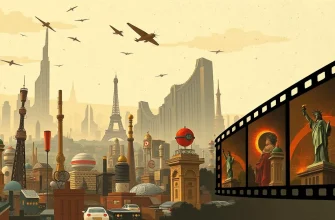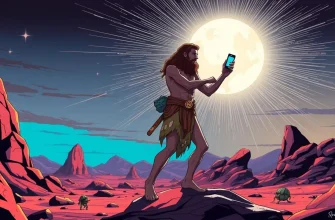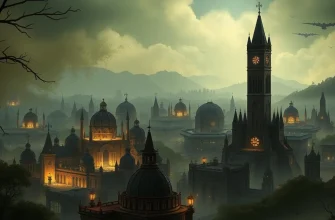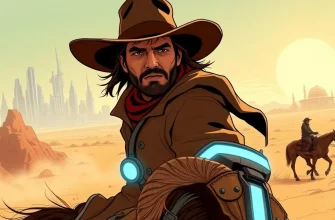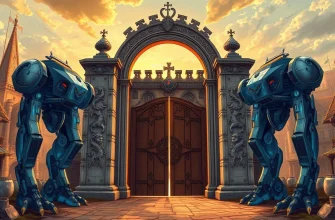Dive into a world where machines, factories, and technological advancements shape the future. This curated list of 10 sci-fi films delves into the theme of industrialisation, offering a blend of dystopian visions, utopian dreams, and everything in between. These films not only entertain but also provoke thought on the impact of industrial progress on society, making them a must-watch for anyone fascinated by the intersection of technology and humanity.
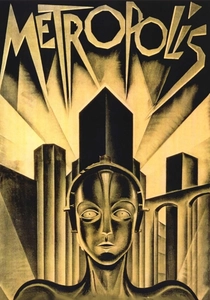
Metropolis (1927)
Description: Fritz Lang's silent masterpiece explores a futuristic city where the working class toils underground to support the opulent lifestyle of the elite above. It's a poignant critique of industrialisation and class division.
Fact: The film was one of the first to use special effects on such a grand scale, and it influenced countless films that followed, including Star Wars.
 Watch Now
Watch Now
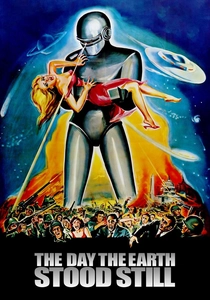
The Day the Earth Stood Still (1951)
Description: An alien visitor comes to Earth to warn humanity about the dangers of their technological and industrial advancements, making it a classic in the genre.
Fact: The film was remade in 2008 with Keanu Reeves, but the original remains a landmark in sci-fi cinema.
 Watch Now
Watch Now
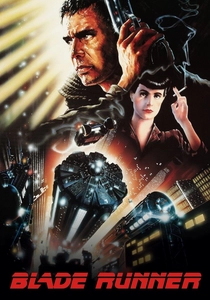
Blade Runner (1982)
Description: Set in a future where synthetic humans are bioengineered by the powerful Tyrell Corporation, this film explores themes of artificial intelligence, human identity, and the industrial landscape of a futuristic Los Angeles.
Fact: The film's visual style, particularly the use of neon lights and dark, rainy streets, has become iconic in the cyberpunk genre.
 Watch Now
Watch Now
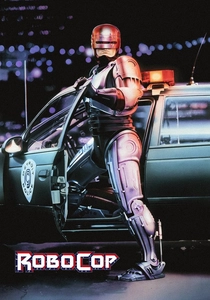
Robocop (1987)
Description: In a crime-ridden Detroit, a police officer is transformed into a cyborg, symbolizing the ultimate fusion of man and machine in an industrialised society.
Fact: The film's satirical tone and critique of corporate greed were ahead of its time.
 Watch Now
Watch Now
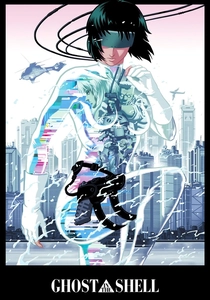
Ghost in the Shell (1995)
Description: This anime film explores a future where cybernetic enhancements are commonplace, and the line between human and machine blurs, reflecting on the industrialisation of the human body.
Fact: It was one of the first anime films to gain widespread international acclaim and has influenced many Western sci-fi films.
 Watch Now
Watch Now

The Matrix (1999)
Description: While not directly about industrialisation, the film's depiction of a world where humans are used as batteries by machines highlights the ultimate consequence of unchecked technological advancement.
Fact: The Wachowskis were influenced by various philosophical concepts, including Plato's Allegory of the Cave, when creating the Matrix universe.
 Watch Now
Watch Now
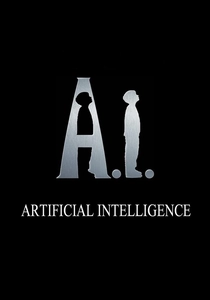
A.I. Artificial Intelligence (2001)
Description: In a world where robots are created to fill the emotional voids left by industrialisation, this film examines the quest for love and humanity in a highly mechanised society.
Fact: The project was initially conceived by Stanley Kubrick and later completed by Steven Spielberg after Kubrick's death.
 Watch Now
Watch Now

Equilibrium (2002)
Description: In a future where emotions are outlawed to prevent war and chaos, this film explores the suppression of human nature in the name of industrial efficiency.
Fact: The film's gun kata fighting style was created specifically for this movie, blending martial arts with gunplay.
 Watch Now
Watch Now

Elysium (2013)
Description: Set in a future where the wealthy live on a luxurious space station while the rest of humanity suffers on an overpopulated Earth, this film critiques the extreme disparities created by industrialisation.
Fact: The film was shot in Mexico City, which was transformed to represent the dystopian future Earth.
 Watch Now
Watch Now

Brazil (1985)
Description: Terry Gilliam's dark comedy presents a dystopian future where bureaucracy and technology have run amok, creating a surreal, oppressive environment. It's a satirical take on the dehumanising effects of industrialisation.
Fact: The film was originally intended to be a 90-minute comedy but evolved into a much longer, more complex narrative.
 30 Days Free
30 Days Free

